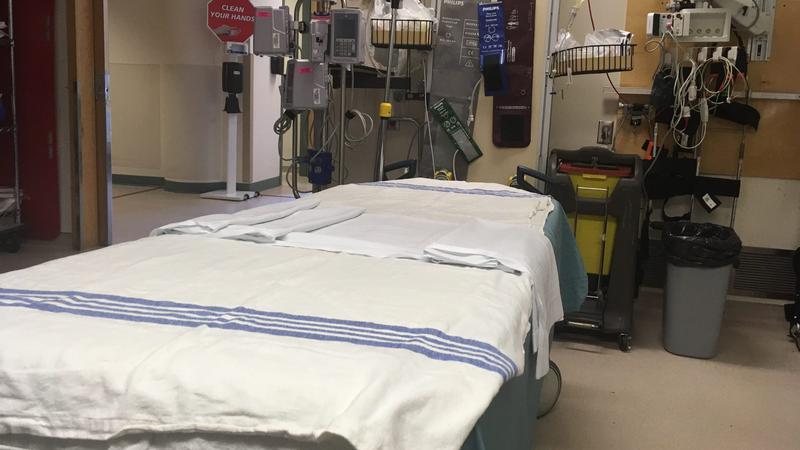
New public health measures ‘a good start,’ says infectious disease expert
New public health measures ordered in Regina to curb the spread of COVID-19 variants were “a good start,” says a local doctor who specializes in infectious diseases.
However, Dr. Alex Wong is ambivalent so far on whether they will be enough.
“It’s hard to really say at this point. Unfortunately, the data is going to tell the story over the next few weeks but it’s a good start. I would say it needed to happen and so I’m glad that Dr. (Saqib) Shahab and the health minister and the premier decided to make these initial moves,” Wong said during the Greg Morgan Morning Show on Wednesday.
“Now that the public health orders are in place, obviously it’s critical that everyone in Regina and the surrounding area follow that guidance and do the right thing. And we will see how things evolve over the course of the next several weeks.”



